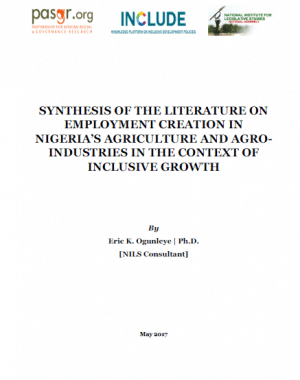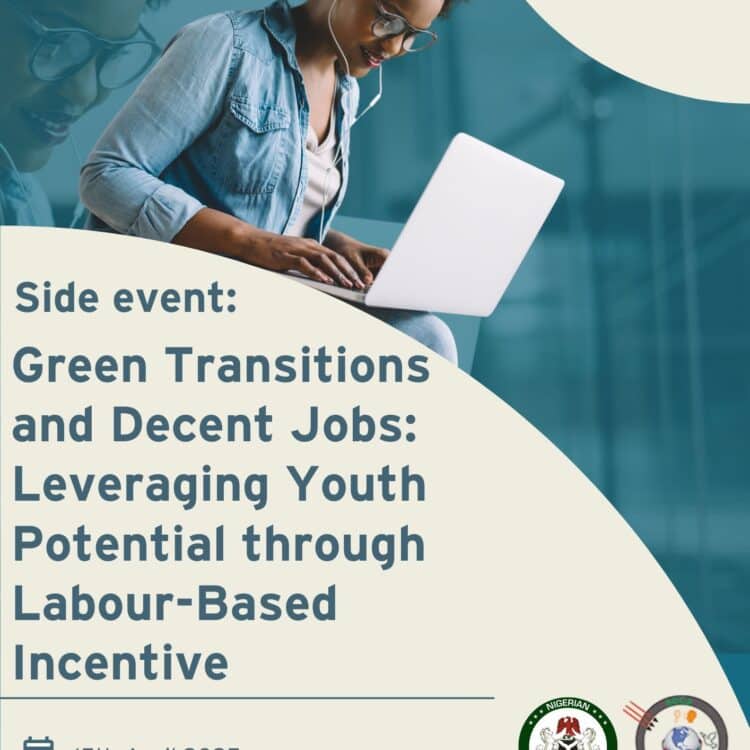
The African Policy Dialogue on wage employment creation in Nigeria has synthesised literature on employment creation in Nigeria’s agriculture and agro-industries. This Dialogue is hosted by National Institute for Legislative Studies (NILS) in collaboration with the Partnership for African Social and Governance Research (PASGR). This synthesis looks at the key trends from the literature reviewed and offers policy recommendations.
Emerging trends from the literature
- Agriculture and agribusiness have high potential for promoting inclusive growth in Nigeria
- There is a large untapped pool of employment opportunities in agriculture and agribusiness
- There is a seeming consensus on key challenges limiting the potential of agriculture and agribusiness to foster inclusive growth in Nigeria
- Coordinated and focused policy interventions are required to mainstream agriculture as engine of inclusive growth
- Rural infrastructure is imperative to generate and sustain job creation in agriculture and improve rural livelihood
- Agriculture value chains development offers opportunity for increased rural livelihoods
Recommendations
The following are necessary to ensure that agriculture lives up to its potential to generate employment for especially youths in Nigeria.
- Development of agriculture value chains in areas of comparative advantage by upgrading and modernization of agro-industries, according indigenous technology a prominent role in promoting agriculture and agro-industry, developing the export market and promote trade at regional and international levels, promote private enterprise and foreign direct investment (FDI) in agro-industries, and promote agro-industry and rural infrastructure development.
- The farmers, especially youth, should be involved to increase your visibility, and promote self-support through self-help organizations.
- Donors should assist in promoting inclusive growth through provision of technical assistance to all segments of the agriculture value chain and improve donor coordination.
- Promotion of strong partnership among all stakeholders, joint treatment of agriculture and agro industry as national priority, and promotion of agribusiness education and youth vocational training.




